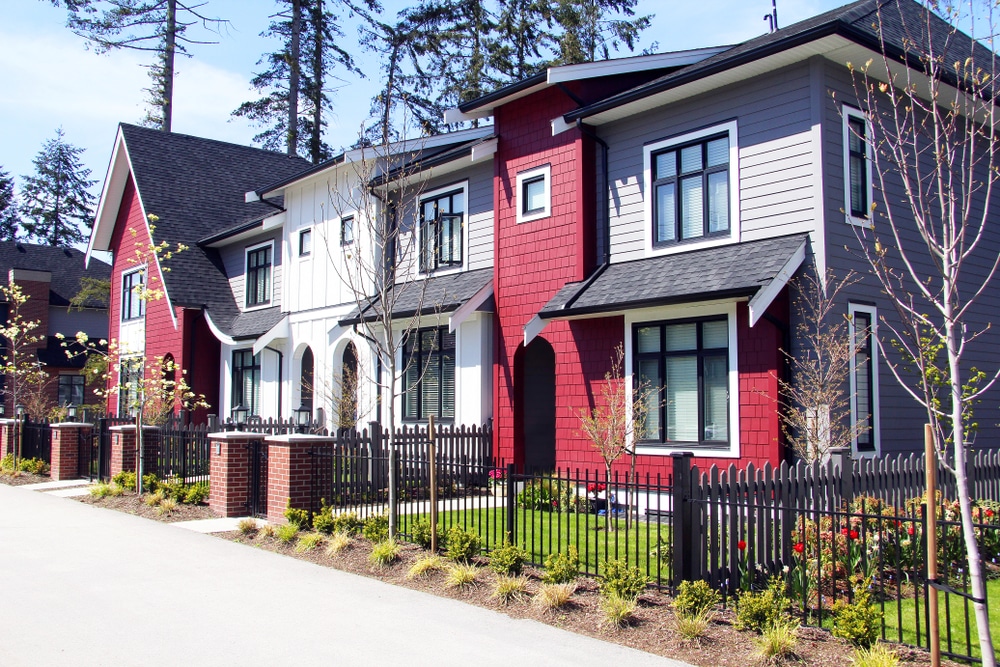Reverse Mortgages After Death
What happens to a house that has a reverse mortgage after the owner passes away?
Q: I took out a reverse mortgage back in 2009. The Department of Housing and Urban Development (HUD) holds the mortgage and they have a different company that services the loan. I have approximately $100,000 in equity left in the home. I filled out a transfer on death instrument with the court so that my kids can have the home when I pass. But, I’m wondering what will actually happen to the home after I die.
A: A reverse mortgage is available to people aged 62 and older that have equity in their homes and want to tap into that equity without having monthly mortgage payments.
Falling Home Values Don’t Affect Reverse Mortgages
When a homeowner takes out a reverse mortgage, the homeowner can opt for one of three choices: they can receive a lump sum amount from the lender, a monthly payment, or a line of credit up to the amount that they qualify for. How much money the homeowner can get from a reverse mortgage lender is a calculation that depends on the amount of equity in the home, the age of the owner, and how high interest rates are.
What do you do if you need cash and don’t have the income to qualify for a traditional cash-out refinance or a home equity loan or line of credit? The nice thing about a reverse mortgage is you get access to a certain amount of cash but you don’t have to make any payments. The loan plus interest is due until after the home is sold or the owner moves out permanently. The only thing the owner has to remember is to pay the real estate taxes.
Reverse Mortgage Helps Seniors Pay Bills
Many seniors forget two things:
- Reverse mortgages get paid off when the home is sold and
- There is interest due on the loan that is typically higher than the going rate, so more equity is eaten up.
For more details on reverse mortgages, you can read some of our other articles on this subject. But, let’s go back to your question. Upon your death, those persons listed in your will would become the owners of the home. They must take immediate steps to pay off the mortgage. You may have made it easier for the person or persons you want to own the home upon your death to become owners of the home, but they might need to sell the home to pay off the debt owed to the reverse mortgage lender.
If your intent is that your heirs keep the home, they’ll need to have some cash available to pay off the reverse mortgage lender. If they don’t have that kind of cash lying around, the lender has the right to sell the home to satisfy the debt.
Understanding Reverse Mortgages
If you don’t want the home sold, you’ll need to plan in advance how your heirs can pay off the reverse mortgage lender. Remember, while your home has continued to go up in value, the amount due to the reverse mortgage lender has also gone up. In some cases, the amount owed is worth higher than what the home is worth.
If that’s the case, upon your death, the person you designate in the transfer on death instrument might be better off letting the lender sell the home to satisfy the reverse mortgage debt. There’s no sense in trying to keep the home if the reverse mortgage debt far exceeds its value.
What Happens to a House When Someone Dies?
©2024 by Ilyce Glink and Samuel J. Tamkin. Distributed by Tribune Content Agency. C1657







Leave A Comment